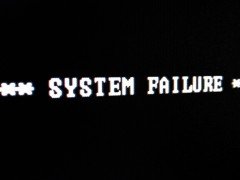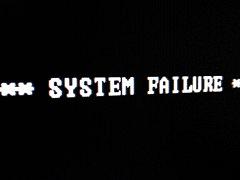Five reasons businesses fail
Whatever the real number is, it’s clear that it’s too high. Would you invest your pension funds into a company that has an 80% chance of failing? No, of course you wouldn’t. But, aspiring entrepreneurs continue to launch new ventures and overall, I think that’s a good thing for the economy as the ones who survive will go on to contribute positively.
The New Entrepreneur Foundations’s operations for the last 18 months have been located in The Innovation Warehouse in the historic Smithfield Market in Farringdon. The IW is home to around 50 tech start-ups at any one time, from one-man-bands to fast growing companies.
We have been silent witnesses to the steady progress of companies growing and moving out to their own offices, whilst an equal number disappear into oblivion. With a failed start-up or two under my own belt, I wondered what the reasons might be for some of the failures. These are my personal thoughts:
Reason 1: Unrealistic ambitions and expectations from the founders at the outset. This might be because the founder is in it for the wrong reasons (just to be rich and famous, for example) but could also be that the product or service they deliver does not really address a big enough need or solve a genuine problem. Blinkered pursuit of customers in the form of traffic or footfall without a sound revenue model is bound to lead to early demise.
Reason 2: Team dynamics and skills. This is frequently quoted as the most important thing that VCs look at when investing in a company. It’s clear that a skilled, committed team with a strong leader is better able to weather the down turns when they inevitable happen than a fractured or dysfunctional team that works on strife and internal competition.
Reason 3: Execution. No matter how brilliant your business idea it won’t last long unless you follow it up with brilliant execution. This is where a skilled team comes to the fore and an area where many start-ups fail to deliver. Ideas without execution = Fail!
Reason 4: Poor Financial management. ‘Cash is King’ is a frequently repeated slogan but I wonder how many start-ups actually follow the advice. Not keeping an eye on your income and expenditure is the quickest way of joining the ranks of the failed. Founders should know their bank balances by heart, should know how much money is going out every day and keep a tight hand on making sure that the revenues come is as planned.
Most start-ups also fail to provide themselves with a sufficient buffer to counteract their erratic income streams. After all, when do people and companies ever pay you on time? And, glib as it sounds, running out of money is why businesses fail!
Reason 5: Growing too quickly. Grow fast is another mantra for start-ups in the tech world. I can see how it could give companies a quick advantage and market share but if it is uncontrolled or the team are inexperienced at managing this fast growth, the company is likely to implode.
Comments
There are 0 comments on this post













